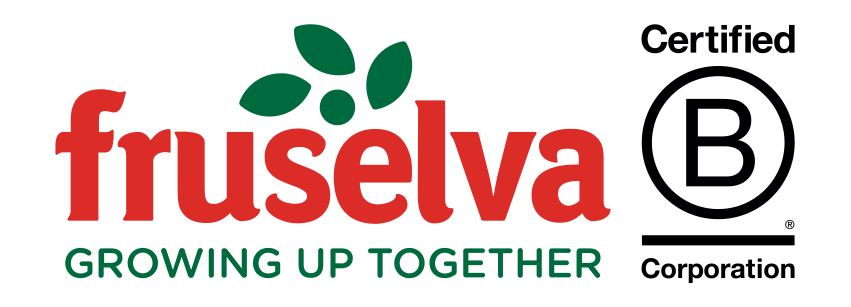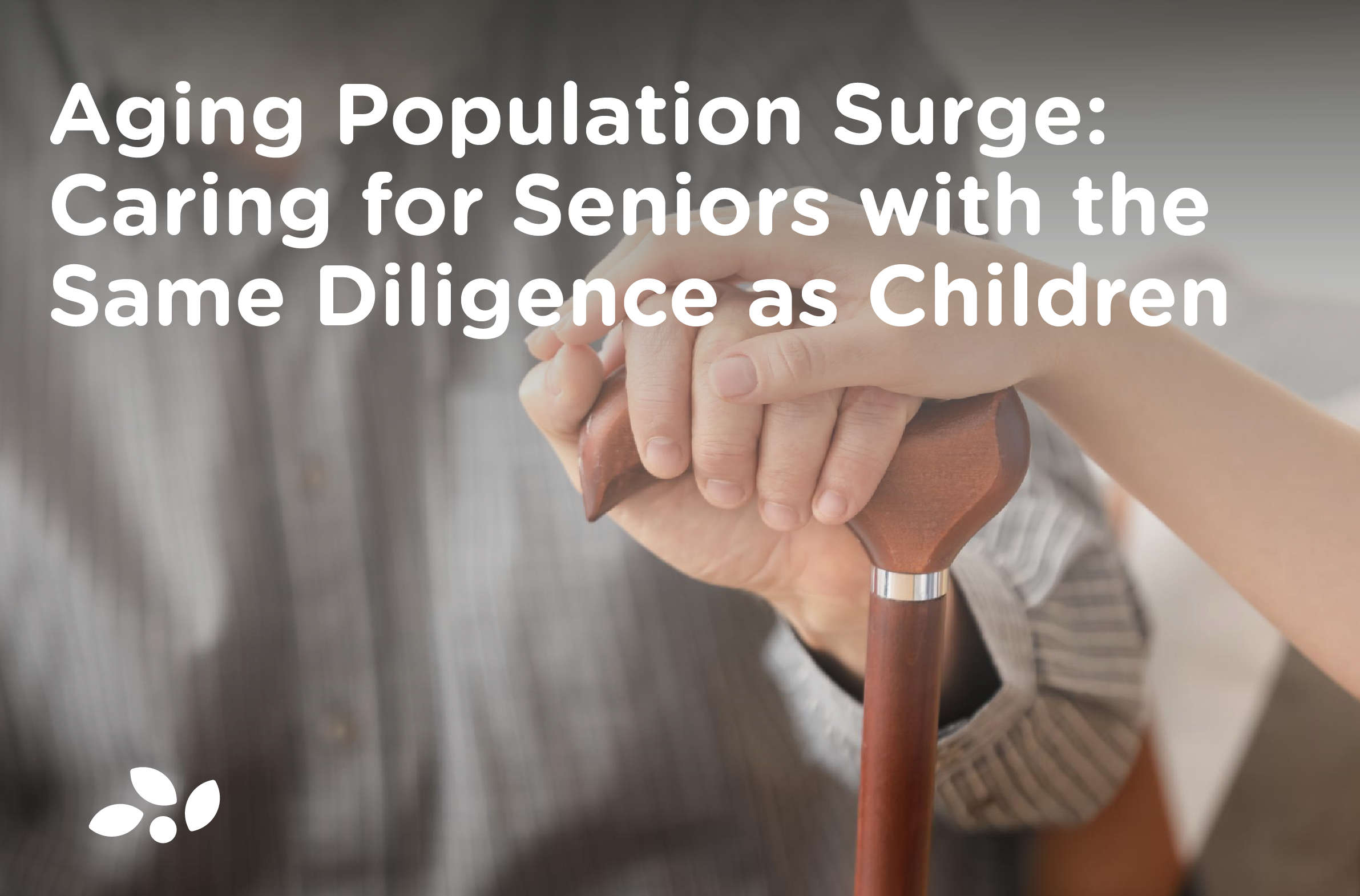In recent decades, there has been a significant demographic shift, with the senior population experiencing a remarkable increase compared to the younger demographic. This shift poses unique challenges and opportunities for society, particularly in terms of healthcare, social services, and nutrition. As the number of seniors rises, it becomes crucial to recognize the importance of caring for the elderly with the same diligence and attention that we give to children.
Demographic studies around the world consistently show a notable increase in the elderly population. Factors such as improved healthcare, advancements in medical technology, and a higher life expectancy contribute to this demographic shift. As a result, societies are faced with the responsibility of adapting to the changing needs of an aging population. While the needs of seniors and children may seem worlds apart, there are striking similarities in the care they require. Both age groups are vulnerable and may require assistance with daily activities, monitoring of nutritional intake, and attention to overall well-being. Recognizing these parallels is essential for creating a more inclusive and compassionate society that caters to the needs of individuals at both ends of the age spectrum.
The responsibility of caring for seniors should not fall solely on their families or healthcare institutions; it is a shared societal responsibility. Creating environments that promote the physical, mental, and emotional well-being of seniors is crucial. This includes ensuring access to adequate healthcare, social engagement, and, notably, a focus on proper nutrition. Nutrition plays a pivotal role in the health and quality of life of seniors, just as it does for children. However, the nutritional needs of seniors differ, and addressing these differences is vital for promoting healthy aging. Here are ten nutritional recommendations for seniors:
- Adequate Protein Intake: Protein is essential for maintaining muscle mass, which tends to decline with age. Encourage protein-rich foods such as lean meats, fish, dairy, and plant-based sources like beans and tofu.
- Hydration is Key: Seniors may be prone to dehydration, which can impact cognitive function and overall health. Ensure they have easy access to water and encourage regular fluid intake.
- Calcium and Vitamin D for Bone Health: Aging can lead to a decrease in bone density. Incorporate calcium-rich foods like dairy or fortified plant-based alternatives and ensure sufficient vitamin D intake through sunlight or supplements.
- Fiber for Digestive Health: Constipation can be a common issue for seniors. Promote a fiber-rich diet with fruits, vegetables, whole grains, and legumes to support digestive health.
- Mindful Portion Control: As metabolism slows down with age, seniors may require fewer calories. Emphasize nutrient-dense foods and encourage portion control to maintain a healthy weight.
- Omega-3 Fatty Acids: Support cardiovascular health and cognitive function by including sources of omega-3 fatty acids such as fatty fish (like salmon), flaxseeds, and walnuts in their diet.
- Limit Sodium Intake: Seniors may be more sensitive to salt, which can affect blood pressure. Encourage the use of herbs and spices for flavoring instead of excessive salt.
- Regular Meals and Snacks: Encourage regular, balanced meals along with healthy snacks. This helps maintain energy levels and prevents excessive hunger, which can lead to poor food choices.
- Rainbow of fruits and vegetables: To provide a range of vitamins, minerals, and antioxidants. Encourage a diverse selection to support overall health.
- Regular Health Check-ups: Regular health check-ups, including nutritional assessments, are essential for identifying and addressing any specific nutritional needs or deficiencies that seniors may have.
As the senior population continues to grow, it is imperative that we shift our perspective on aging and approach the care of seniors with the same dedication and diligence that we do for children. By recognizing the unique nutritional needs of seniors and implementing strategies to meet those needs, we can contribute to a society that values and supports healthy aging. This not only enhances the quality of life for seniors but also fosters a more compassionate and inclusive community for all.



